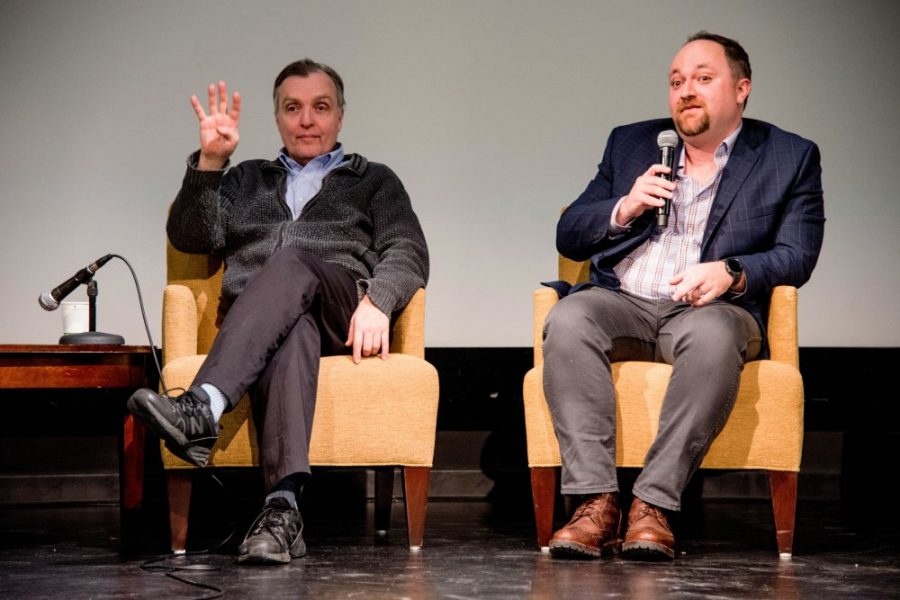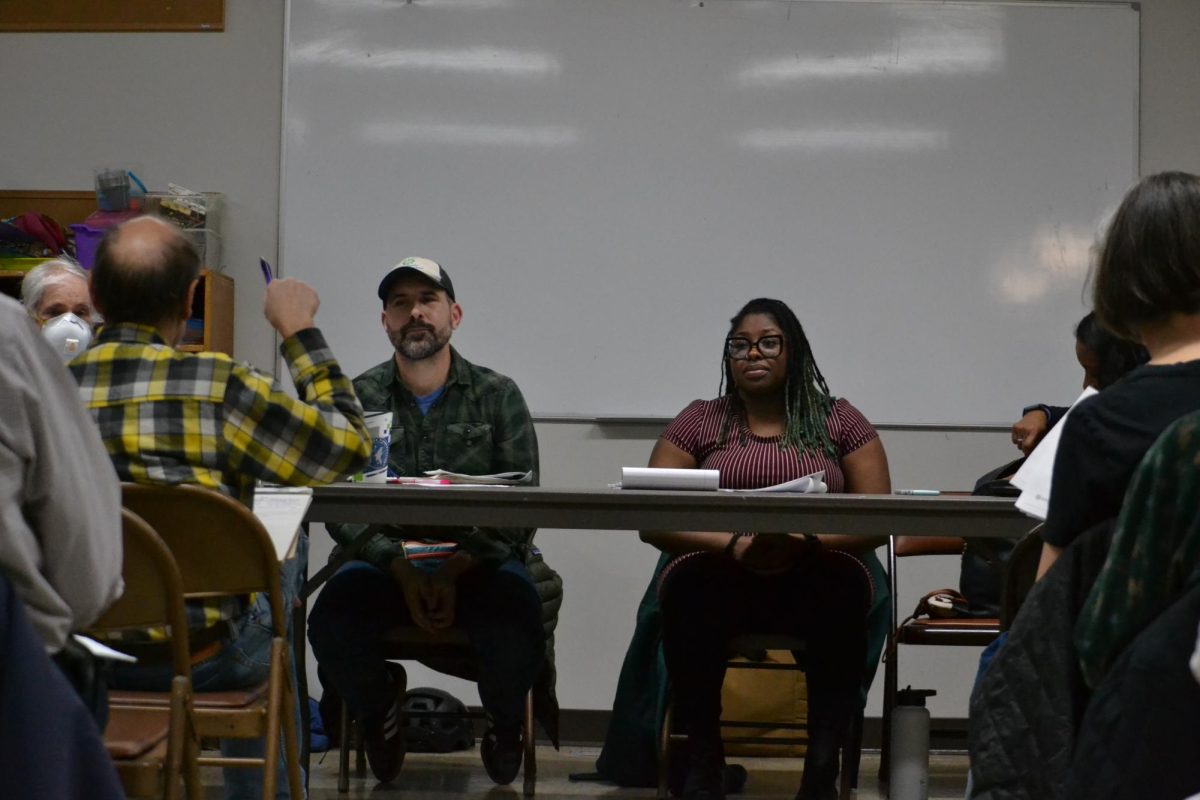As conversations around mental health and police reform continue nationwide, Minneapolis could join a growing list of cities to replace some police calls with a mental health response team.
Council members Cam Gordon of Ward 2 and Steve Fletcher of Ward 3 are among those in the Minneapolis City Council pushing for a 2021 budget amendment to help end police-only responses to mental health crisis calls. In cases of a mental health emergency, callers would have the option to contact a mental health professional without the professional being accompanied by a police officer.
“A lot of people are concerned about calling 911 because they don’t want a situation to get worse,” Gordon said. “When we have mental health crises, they do get worse.”
Gordon’s hope for the proposal, he said, is to have a 24-hours-a-day, seven-days-a-week mental health mobile emergency response team that would build off already existing co-response programs between the Minneapolis Police Department and mental health professionals.
“I think [a response team] would allow police to focus on really dangerous situations, and they could be responding to more of those,” Gordon said. “Police are expected to do so many things, but maybe they’re not the best responders.”
The response team would also seek to handle things like drug overdoses and incidents involving people who are homeless. According to 2015 data by the U.S. Department of Housing and Urban Development, nearly 45% of the surveyed individuals who were homeless had some form of mental illness, and nearly 25% were noted to have a severe mental illness.
More than 100 local businesses signed an open letter also seeking for more mental health crisis resources and supporting the creation of the response team. Anna Schmitz, the community manager for the Fair State Brewing Cooperative, helped jumpstart the coalition after concerns arose over how to handle inebriated or mentally ill patrons without arresting them or sending them to jail.
“In the George Floyd killing, the cops showed up because a small business called the police,” Schmitz said. “We don’t blame the business for doing that because there were no other options for that, right? Obviously what happened next was a tragedy.”
Gordon said the main inspiration for this proposal is a policy paper written by Communities United Against Police Brutality (CUAPB) on the importance of ending police-only responses to these crises.
The local grassroots organization “provides advocacy for survivors of police misconduct and the families of people killed by police.” CUAPB notes data that individuals with untreated mental health issues are 16 times more likely than the broader population to be shot and killed by police.
According to a Washington Post database, 181 people out of the 932 people — nearly 20% — shot and killed by police in 2020 were noted as having a mental illness, as of Dec. 9.
Mental health crisis calls are the third highest number of 911 calls in Minneapolis, according to a July 9 Police and Government Oversight Committee update.
“When somebody calls to a loved one, or even just somebody they see on the street, having a mental health episode, they’re not usually asking for law enforcement with weapons,” Fletcher said. “They’re asking for someone who can help care for the person they see in distress.”
Minneapolis could become a part of a growing list of cities who have undertaken similar initiatives. Last month, New York City announced the rollout of a pilot program for mental health professionals to respond to 911 calls that will begin next year. Eugene, Oregon has had a similar program for 30 years, and Denver approved a similar proposal that launched in the summer.
Currently, MPD officers receive around 40 hours of mandatory “Crisis Intervention Training” for mental health crises. MPD also has a “Co-Responder Unit,” which was piloted in 2017, where mental health professionals may work with police officers on a mental health emergency call.
CUAPB argues in its policy paper that 40 hours is not enough training, as it takes many years to become a mental health professional, making police officers inadequate replacements. Additionally, police presence can often further aggravate a mental health crisis rather than de-escalate it, according to the paper.
Fletcher said the vote for the project’s funding is expected to pass in the final budget meeting Wednesday.





























z3r0C007
Dec 14, 2020 at 1:59 pm
Can’t wait for the bodies to start piling up when you send mental illness counselors out and the person charges you with a knife and kills the “social worker”.
Ricardo Munoz ring a bell??
Veronica
Dec 10, 2020 at 5:39 am
Wait until a call for a mental health professional team turns into serious injury or death. I also might note that the picture of Cammie Gordon and Fletcher show the unprofessional appearance of these incompetents. Kids shooting hoops are more concerned about their personal appearance than these two yokels.